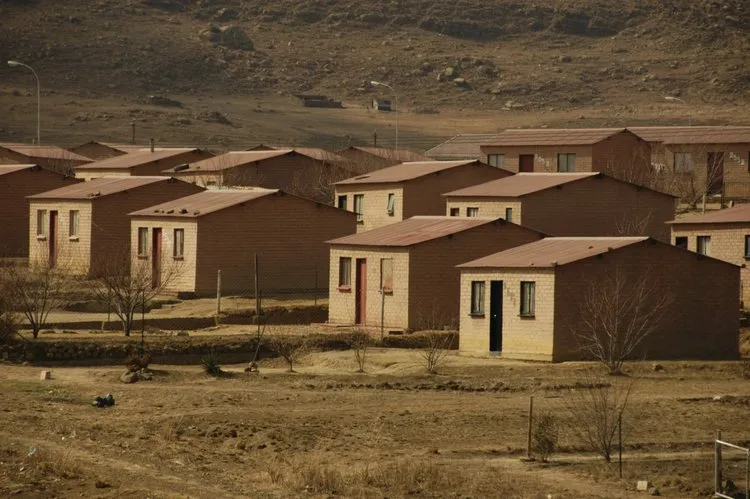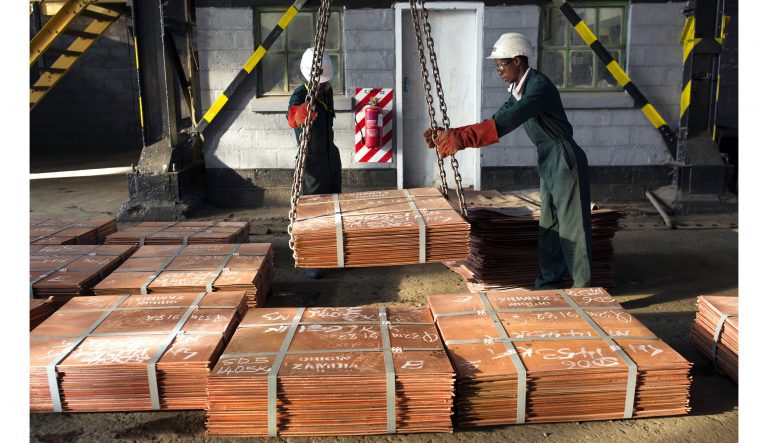Low-Income housing shortage highlights urgent need for policy reform in South Africa
by Kelebogile Matlou
Low-income households across South Africa are facing a worsening housing shortage, highlighted during the Department of Human Settlements budget vote delivered by Minister Thembi Simelane. The country continues to experience a serious shortfall in affordable, formal housing options for working-class families.
The limited housing supply, combined with stagnant income levels, has pushed many residents into informal settlements, backyard dwellings, and distant, unregistered areas far from economic opportunities and public services. The crisis raises urgent questions about how government and the property sector plan to address long-standing inequalities in housing access, and how education, employment, and urban planning must be integrated to close the gap.

image: THE SOUTH AFRICAN
Property market intelligence firm Lightstone has provided data showing that for every one formal property, there are approximately 4.8 households earning below R13 000 per month. This ratio improves slightly to 3.3 households per property for those earning up to R26 000. According to Hayley Ivins-Downes, Managing Executive of Real Estate at Lightstone, affordability remains the biggest barrier to ownership.
“More than 80% of households earn below R26 000 per month, which means they cannot easily afford the limited formal housing stock available,” Ivins-Downes said.
There are just under 12 million households in this income range, but fewer than 2.5 million properties available, based on the financial guideline that a household should spend no more than one-third of its income on housing. This represents the most significant housing access gap within the formal market.
Households earning between R13 000 and R26 000 per month face a slightly better, yet still challenging scenario. Lightstone’s data shows 2.5 million households in this category and only 1.8 million properties available ,translating to 1.3 households per home.

image: Internet
“In many towns, lower-income working people struggle the most to secure housing, while higher-income groups experience steady property value growth,” Ivins-Downes said.
Property transactions among lower-value homes also reflect this divide. Homes valued under R300 000 ,80% of which are subsidised have recorded only 1% of sales in the last five years. By contrast, transaction activity is higher in properties priced between R300 000 and R500 000 (4%), R500 000 to R750 000 (6%), and R750 000 to R2 million (13%).
Mapping these affordability patterns to urban areas shows the real impact of education on housing access. In Johannesburg, couples without matric may afford homes in areas such as Hillbrow, Johannesburg Central, and Orange Farm. In contrast, couples with degrees can access suburbs such as Morningside, North Riding, and Weltevreden Park.
A national Fact Sheet shows that the percentage of South Africans aged 25–64 with matric increased from 27.4% in 2015 to 33.0% in 2023. About 6.0% had diplomas, 7.3% had degrees, and 3.3% held certificates. The largest group, at 36.7%, had some secondary education but had not completed matric, while 12.4% had only primary education or less.
RB Property Group, commenting in May, said that solving the housing crisis requires a multi-sector approach. The group supports policies that uplift low-income households by moving them from Living Standards Measure (LSM) 1–3 to LSM 4–6 through job creation, enterprise development, and skills training. The company stated that housing development must be linked to long-term job opportunities and economic inclusion.
The latest OECD Economic Survey of South Africa echoes these findings, stating that the country has high growth potential but is held back by low public investment and regulatory barriers. The report projects GDP growth of 1.3% in 2025 and 1.4% in 2026, with unemployment expected to remain high at around 32%. Inflation is expected to decline to 3.2% in 2025 and rise slightly to 4.2% in 2026.
OECD Director of Country Studies Luiz de Mello said that to achieve lasting economic change, South Africa needs structural reforms focused on productivity, employment, and urban development. The OECD recommends prioritising housing closer to public transport, boosting rental housing near city centres, and reforming restrictive building regulations.
South Africa’s housing shortage is more than a construction issue, it is a socio-economic challenge that affects mobility, education, and long-term well-being. Closing the affordability gap will require integrated solutions that go beyond policy speeches and reach the people most affected.




